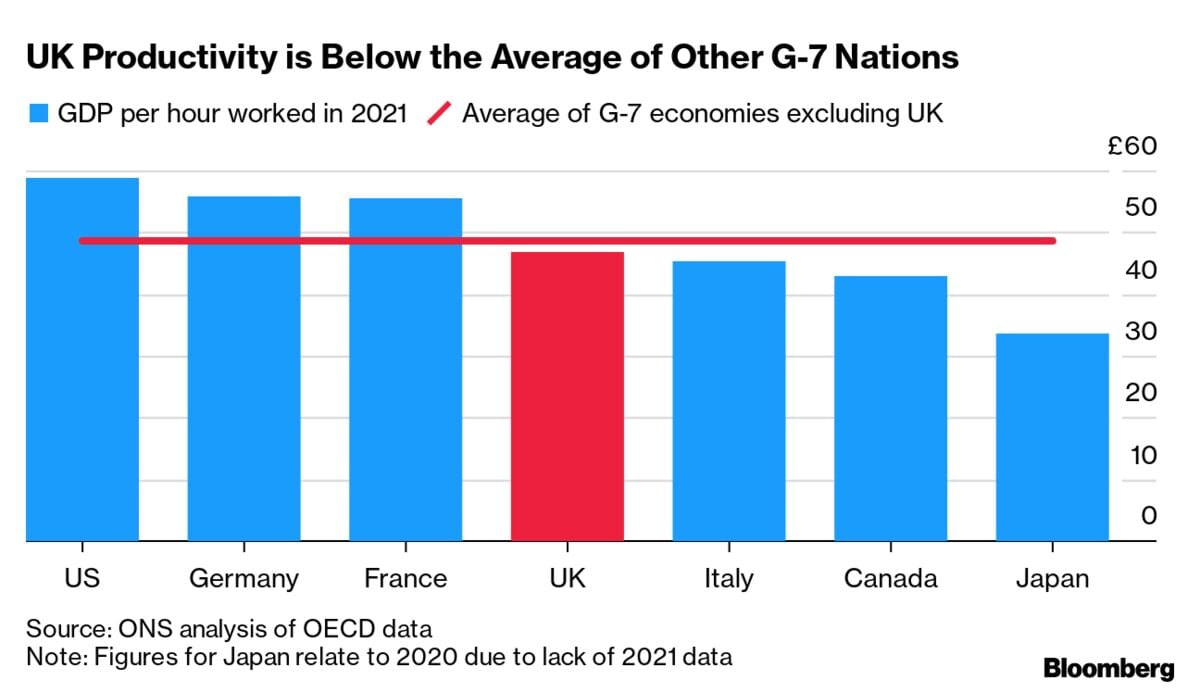Syllabus Edition
First teaching 2025
First exams 2027
Production & Productivity (Cambridge (CIE) IGCSE Economics): Revision Note
Exam code: 0455 & 0987
The difference between production and productivity
The terms 'production' and 'productivity' are fundamentally different
Production is the act of adding value to the factors of production to create goods and services, e.g., using tomatoes and basil to create a soup
It is the process of factor conversion into goods/services
It is a measure of output, e.g., 3 cans of soup
Productivity is a measure of efficiency that calculates the amount of outputs produced per unit of input
It calculates how efficiently resources are being used in the creation of goods/services and provides a metric for comparison, e.g., after training, workers proved to be 27% more efficient in their productivity
It is a measure of efficiency, e.g. 3 cans produced per worker
Influences on production and productivity
Influences on production
Production is often influenced by the state of the economy
During a recession production falls
During a boom period, production increases
As production is dependent on the demand for goods/services, any change to any of the conditions of demand will result in changes to production
As production is also dependent on the supply of the factors of production, any change to any of the conditions of supply will result in changes to production
Influences on productivity
Higher productivity is important for firms and economy for the following reasons:
It lowers costs and improves a firm's national and international ability to compete
It allows firms to produce more output with the same input, which puts it in a position to generate increased economies of scale
Firms can generate higher profits
Higher profits may mean that the firms can pay their workers more
Higher profits may mean that the government revenue from corporation tax will increase
An improved ability to compete in international markets will help to generate economic growth
The Influences on productivity growth
Influence | Explanation |
|---|---|
Innovation |
|
Investment |
|
Training |
|
Competition |
|
Entrepreneurial freedom |
|
Effects of changes in investment on productivity
1. Increased investment → higher productivity
When firms or governments invest more, particularly in capital goods, productivity tends to rise. Here’s how:
Better machinery and technology
Investment in modern equipment and automation allows firms to produce more output with the same amount of labour
Improved infrastructure
Government investment in transport, power or digital infrastructure can reduce delays, improve connectivity and raise the productivity of entire industries
Training and human capital
Investment in training programmes and education raises worker skill levels, enabling them to perform tasks more efficiently
2. Falling investment → slower productivity growth or decline
When investment falls, especially over a prolonged period, it can have negative effects:
Aging capital stock
Outdated or worn-out machinery leads to lower efficiency, more breakdowns, and higher repair costs
Skills gap
Without training investment, workers may lack the skills needed for new technologies or methods
Firms that cut investment in R&D risk falling behind rivals in productivity and product quality
Case Study
UK’s Productivity Slowdown Driven by Weak Investment
Background
Chronic under-investment in both capital equipment and workforce skills has significantly contributed to the UK’s slow productivity growth, especially compared to peers like France, Germany, and the U.S

Key Impacts
The 15-year stagnation in labour productivity is largely attributed to firms limiting investment in machinery, technology, and staff development
As a result, workers have less access to modern tools and training, which hinders efficiency and productivity improvements
Additional factors
The UK’s low capital investment, both public and private, has kept the country consistently in the bottom 25% of OECD nations for investment share, undermining long-term economic performance
Brexit-related uncertainty also discouraged business dynamism and investment levels, which further delayed productivity gains

Unlock more, it's free!
Was this revision note helpful?
